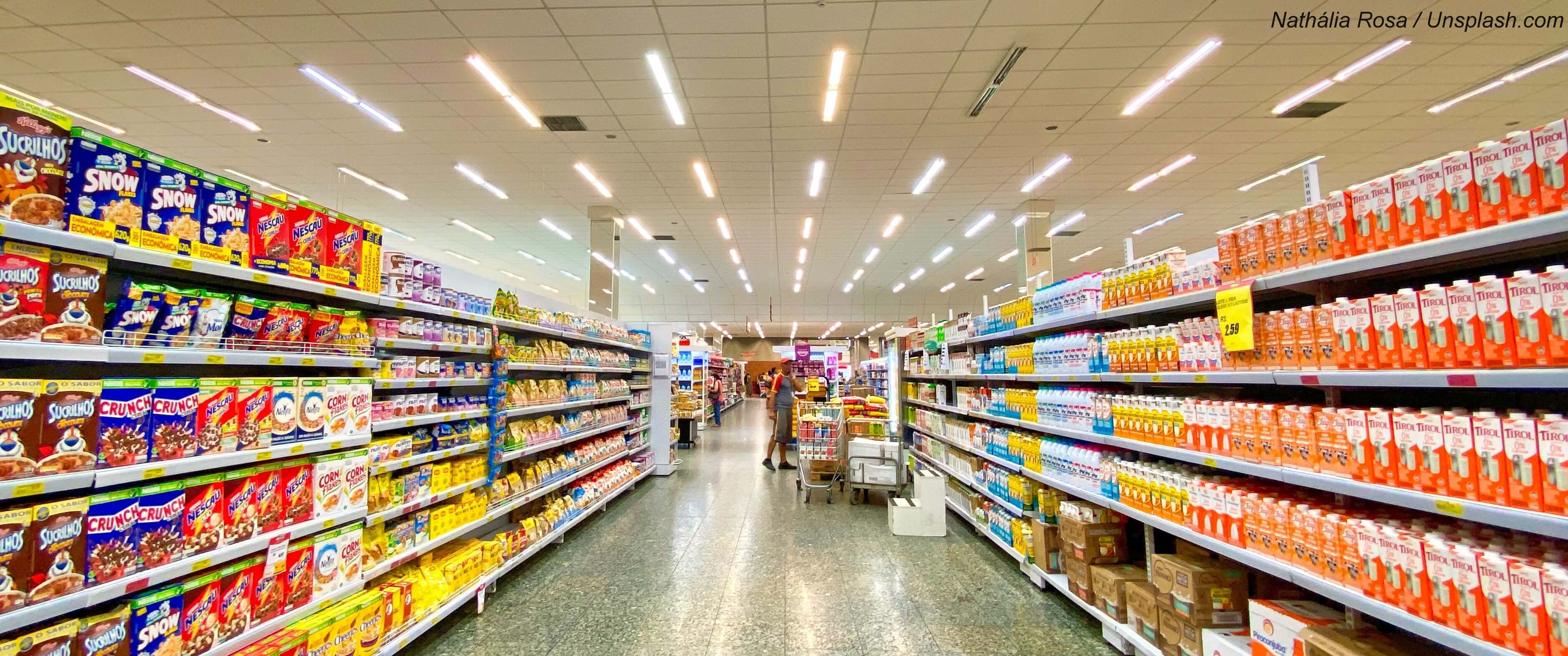Does the Corona crisis increase plastic consumption? On the one hand, the current pandemic is currently causing more sustainable living conditions. On the other hand, many consumers, especially when it comes to food, are buying again more products packaged in plastic.
The main reason of the “quarantine” and its restrictive measures on daily life is to ensure not all citizens get infected at the same time, so that the health system does not collapse. In order to prevent rapid infection, 1.5 meter distances, contact bans and obligations to wear face masks were established.
This is particularly important when it comes to shopping. Guards patrol the front door, disinfect the shopping carts before handing them over, and let only a few people enter. The shopping itself is quick and without unnecessary dawdling. But does Corona also lead to more plastic consumption?
Plastic consumption in supermarkets
I cannot speak for the general public, but what I have noticed in myself is that although I usually do my shopping without plastic, I am now increasingly buying packaged foods again. This applies particularly to vegetables and fruits. The more something is packed, the less is the chance that other hands have come into contact with it. My personal plastic consumption has definitely increased due to the Corona crisis.
Online trade for the most part is also benefiting greatly from the pandemic. Most of us are at home and have increased our consumption behavior. Each order contains its own packaging, often with filling material or additional plastic.
I wonder what it means for collective consumer behavior that sustainable behaviors are suddenly thrown overboard in a pandemic. Despite all circumstances, the climate crisis is still an important issue for society. Continuing to pollute the environment because there are now “more important issues” is not a solution.
Alternatives to reduce plastic consumption
Paper instead of plastic
An alternative would be to use frozen vegetables from the fridge instead of the plastic-wrapped vegetables. Frozen Food is usually packed in a paper box and not additionally provided with plastic.
Effective washing instead of plastic
Another option would be to continue buying unwrapped products, but make sure to wash them thoroughly. The most effective process is to wash your hands thoroughly with warm water and soap for at least twenty seconds before washing the food. The food is then kept under a flowing water jet shortly before consumption. In this way, bacteria, fungi, chemical residues and foreign fingerprints are rinsed out. It is not necessary to rub the product itself with soap.
Masks and gloves on instead of plastic
The federal government recommends wearing face masks when shopping in supermarkets. Although they mainly protect others and not oneself, they still have a successful effect if many wear one. The more people wear gloves and masks when shopping, the less people have direct contact with unpacked food.
Since disposable gloves in turn produce large amounts of waste, we recommend that you use biodegradable disposable gloves. More and more manufacturers are now offering plastic alternatives. In this way, the hygienic properties of plastic are retained without generating additional plastic waste. Biodegradable disposable gloves can be found here, for example.
Buy from sustainable online shops
Online shopping does not have to be environmentally harmful. Many shops do now also put great emphasis on sustainability. It is worthwhile to be selective and make purchases only from environmentally conscious suppliers. You can, for instance, look for these 5 aspects when buying online:
Sustainability in e-commerce – 5 things that environmentally conscious customers expect
Read more about corona and sustainability here:
